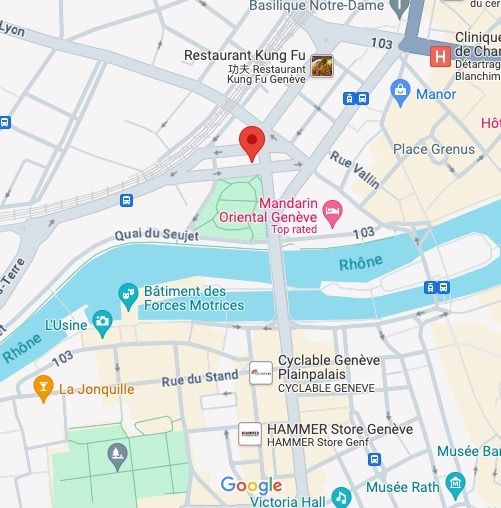Should we be worried?
A urinary stone is a minor but very painful condition. It usually manifests itself as intense and continuous cramps, felt especially in the lower back but sometimes also on the side or in the testicle area. In general, the unsustainability of this type of pain encourages prompt consultation. If fever is associated with these symptoms, you must have an urgent consultation.
Where did it come from?
Urinary stones are small stones, made up of various components such as uric acid or calcium. It is often the lack of hydration that causes the accumulation of these small crystals in the kidney. Then the stone comes off and goes down into the urinary tract. The latter has a muscle structure that usually contracts to drive out urine. When in contact with the stone, the muscles contract continuously. This phenomenon causes intense pain, sometimes comparable to childbirth.
What does the urologist do?
The first step is to determine the size and location of the stone. The urologist will therefore usually perform an ultrasound scan. The treatment then depends on the size of the stone:
- Less than 4 millimetres: in 90% of cases, this type of stone eventually comes out on its own. Treatment usually consists of administering painkillers until it is naturally evacuated. It is then recommended to filter its urine to recover the stone and to be able to analyze its components.
- More than 7 millimetres: in 90% of cases, the stone will not come out on its own. We must therefore intervene to destroy it. However, the method depends on its location. Extracorporeal lithotripsy consists of breaking the stone into small pieces using a machine that delivers shock waves. A stone can also be removed by endoscopy, by going up into the urinary tract to destroy it with a laser, for example.
- In between: the treatment will depend on the size and time it takes for the stone to be naturally expelled.
What to remember
- Urinary stones are a minor but very painful condition.
- The processing depends on the size of the stone.
- If fever is associated with other symptoms, urgent consultation is required.
